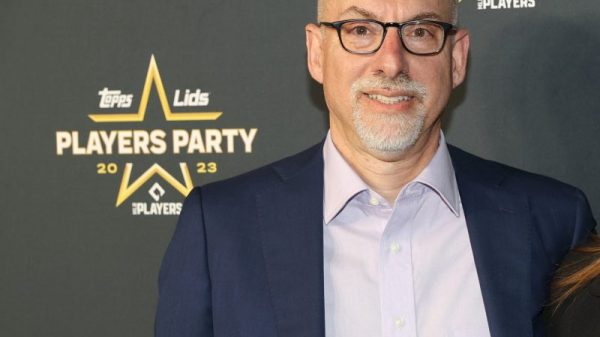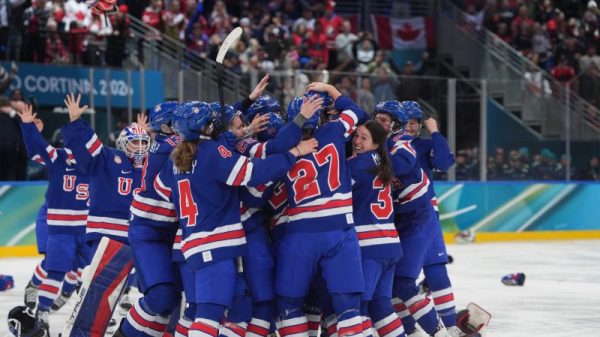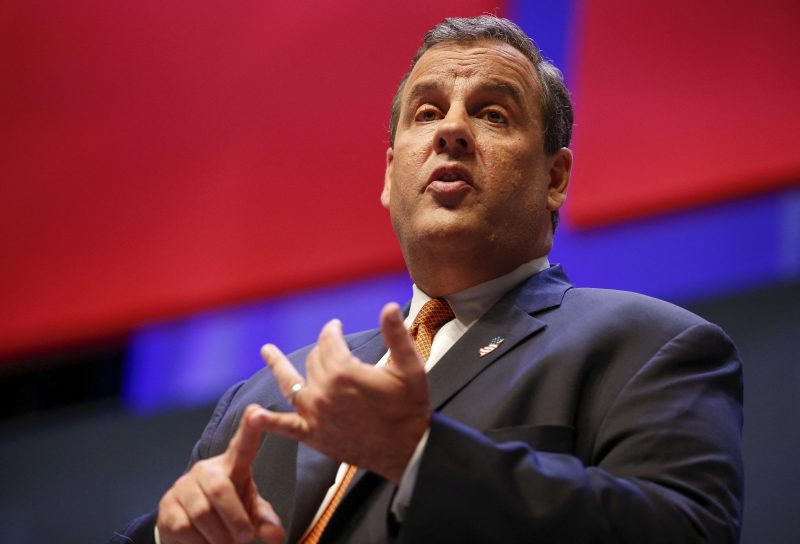Former New Jersey governor Chris Christie will announce his presidential campaign in New Hampshire on Tuesday evening — positioning himself as a bare-knuckled brawler best-equipped to make the case against Donald Trump, his onetime ally.
More than seven years after he ended his first campaign for president and swiftly endorsed Trump, Christie returns as a long-shot candidate in a growing Republican field where the former president has jumped out to a wide lead on the pack. Christie’s backers point to his blunt-taking style and his sharp wit as traits that make him uniquely suited to shake up the race by forcefully challenging Trump in a way that will compel voters to listen.
But he is viewed negatively by many Republicans, polls show, underscoring the uphill climb he faces. And many prominent figures in the party who have vocally criticized Trump from a more traditional GOP posture in recent years have been rejected in party primaries.
Christie’s entrance comes amid a busy week of campaign debuts. Former vice president Mike Pence and North Dakota Gov. Doug Burgum intend to launch their campaigns on Wednesday. Some Republicans see a crowded field as a boon to Trump, splintering support among his rivals.
In New Hampshire, a state Christie allies see as key to his chances and the location of his kickoff remarks Tuesday evening, Christie has already begun to preview his point-by-point takedown of promises that Trump made and never kept — from his pledge to repeal and replace Obamacare to his promise to build a wall along the entire southern border and make Mexico to pay for it.
“We’re at a place where we live in one of two worlds, either Trump is going to cruise to the nomination, or someone is going to step up and challenge him,” said Russ Schriefer, who is advising the super PAC that has formed to support Christie’s bid. “You don’t beat a bully by necessarily being nice to the bully. You have to stand up to them; call them out for their lies; be very direct and blunt and get voters to realize that what he’s been selling isn’t true.”
But the Republican electorate has so far shown little yearning for that kind of candidacy. Trump has been posting double-digit leads over Florida Gov. Ron DeSantis, his closest competitor, while everyone else, including Christie, has been polling in the single-digits or barely registering any support at all in the surveys.
Trump questioned the rationale behind Christie’s candidacy during a recent Fox News town hall in Iowa, pointing to his limited support: “I hear Chris Christie’s coming in,” he said. “What’s the purpose?”
Among the many challenges facing the former New Jersey governor will be to convince GOP voters to trust his instincts after the twists and turns of his complicated history with Trump. Christie formed a close alliance with Trump shortly after dropping out of the 2016 contest. He became one of his closest advisers — leading Trump’s 2016 transition team until he was ousted.
He later oversaw the White House task force on opioid addiction and also prepared Trump for presidential debates by playing Hillary Clinton in 2016 and Joe Biden in 2020. But Christie said Trump’s false statements about the 2020 election being stolen from him undermined democracy and he publicly rebuked Trump after the Jan. 6, 2021 attack on the U.S. Capitol, accusing him of inciting the riot in an effort to intimidate Pence and Congress into overturning the election.
“Christie’s biggest challenge is that the more pro-Trump people don’t trust him — because he turned his back on the guy — and the folks who are never-Trump, or Trump skeptics, remember that he was one of his most ardent supporters and defenders,” said Kevin Madden, who was an adviser to Mitt Romney during the 2012 race. “It’s just hard to see who’s the Christie constituency in today’s Republican Party.”
Christie’s unfavorable ratings are some of the highest in the GOP field. In a Marquette Law School national poll released in late May, 18 percent of registered Republican voters said they had a favorable view of Christie, while 40 percent viewed him unfavorably and 42 percent said they had not heard enough about him to say.
While preparing to enter the race, Christie has called Trump “a coward” and “a puppet” of Russian President Vladimir Putin and taunted Trump for being “afraid” to share the stage with serious people as the former president has entertained the prospect of sitting out the first debate. And he compared Trump to “a child” for refusing to let go of his falsehood that he won the 2020 election.
Christie’s advisers say the former New Jersey governor has internalized the lessons of the 2016 campaign when he and other candidates believed they could wait to attack Trump until the field had winnowed. In a recent New Hampshire appearance, Christie mocked the other contenders for tiptoeing around Trump with veiled criticisms: “He’s [Lord] Voldemort in the Harry Potter books — he who shall not be named.”
“You’re not going to beat someone by closing your eyes, clicking your heels together three times,” Christie told voters in New Hampshire. “In American politics, if you want to beat somebody, you’ve got to go get them.”
DeSantis has taken a far more aggressive posture toward Trump since recently announcing his candidacy, in some ways trying to position himself to the right of Trump. Christie hails from a different wing of the party, once drawing national attention for his ability to win and hold the governorship in a blue state.
The former federal prosecutor — who showed his own debating skills with his takedown of Florida Sen. Marco Rubio during one 2016 faceoff — is also eager to face Trump on the debate stage. He will have a short runway to meet the criteria set by the Republican National Committee to qualify: drawing 40,000 individual campaign donors and the support of at least 1 percent of voters in multiple polls.
Christie was first elected governor of New Jersey in 2009. He made a name for himself nationally with his 2012 response to Hurricane Sandy and his public combat with a state teachers union. Videos of his heated arguments with teachers went viral.
Then came a corruption scandal dubbed “Bridgegate.” Two of Christie’s allies were found guilty in 2016 of conspiring to shut down a bridge to punish a mayor who did not support Christie’s reelection; prosecutors and a witness said Christie was aware of the retaliation as it unfolded. Christie denied that, and the Supreme Court eventually tossed the convictions — but the allegations hung over his campaign.
Christie bet heavily on a strong performance in New Hampshire and had a defining moment at a debate there, ridiculing Rubio’s talking points as “the memorized 25-second speech.” But he finished sixth in New Hampshire’s primary days later, soon suspended his campaign and threw his support behind Trump, becoming one of the first prominent Republicans to endorse him.
“He is rewriting the playbook of American politics because he is providing strong leadership that is not dependent upon the status quo,” Christie said of Trump at the time.
After he was hospitalized with covid-19 in the fall of 2020, Christie urged Trump to encourage Americans to wear face masks and said he was “wrong” not to use one at a White House event where many attendees contracted the virus. Christie eventually wrote in a memoir that Trump called him to ask whether the ex-governor would blame him for the infection.



























